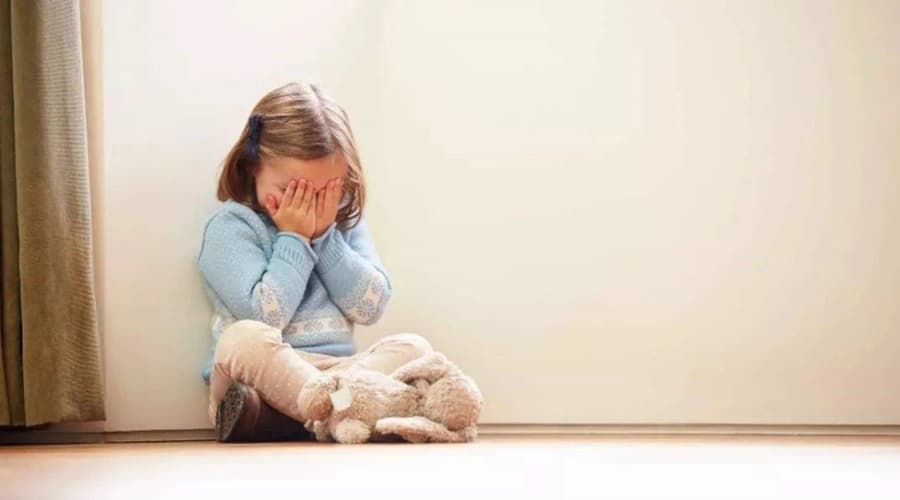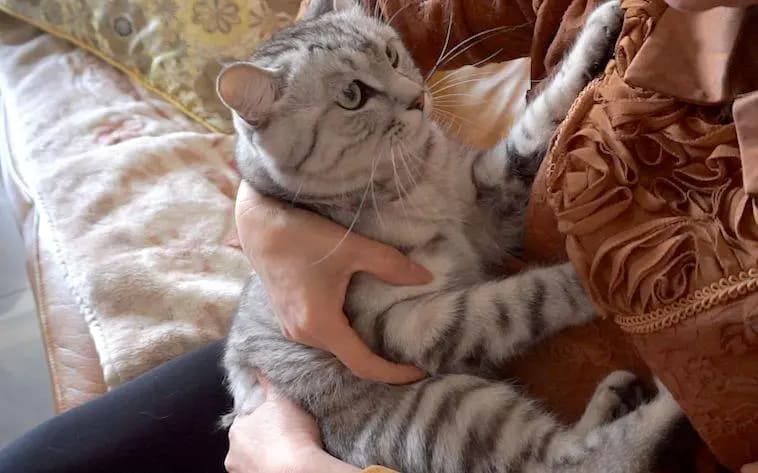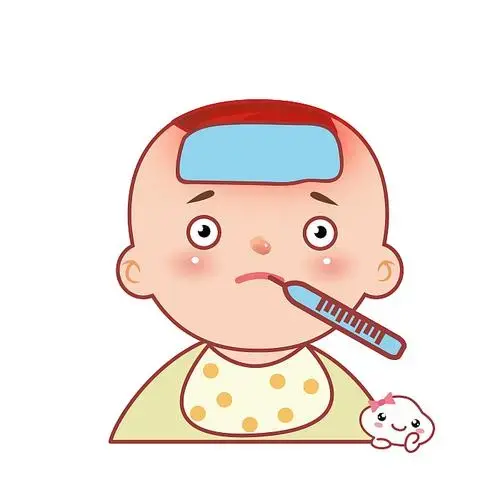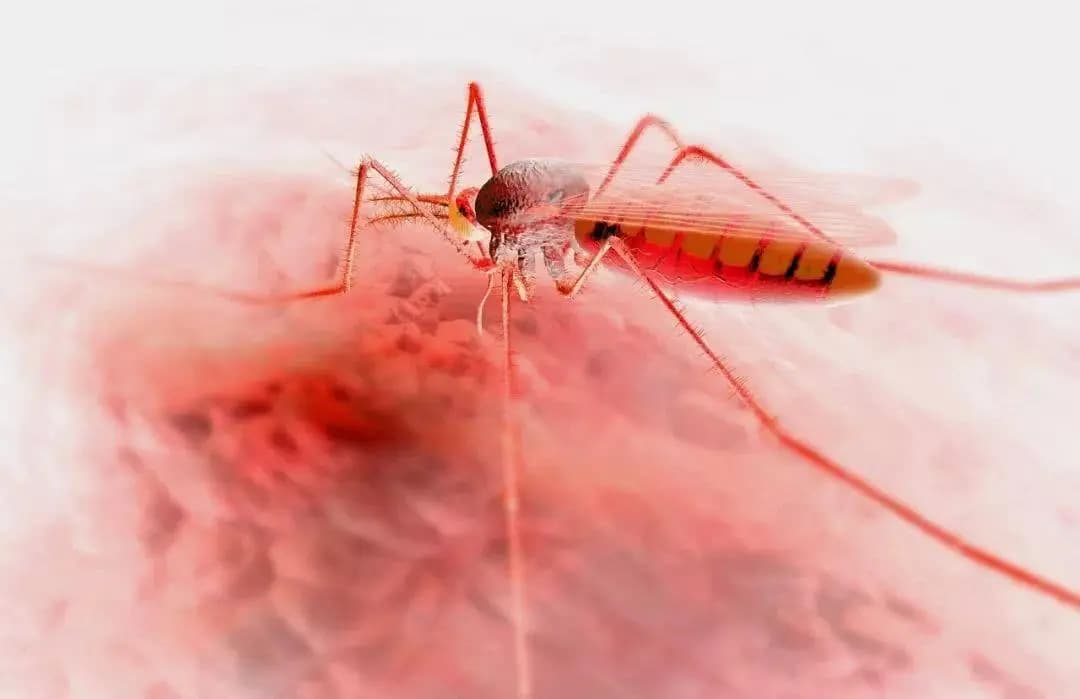Introduction:
Anxiety and stress are common problems for children in today's fast-paced and demanding world. As parents, it's important to recognize and address these issues to ensure your children's mental health and well-being. In this article, we'll explore British approaches to relieving children's anxiety and stress, including techniques and resources that can help your family cope with these challenges.
Here are four ways to alleviate anxiety and stress in children:
1. Understanding Your Child's Emotions
First, it's essential to understand your child's emotions and how they may be manifesting. Pay attention to their behavior and listen to their feelings. Encourage them to talk about their worries and fears, and be a supportive listener. By doing so, you can identify any underlying issues that may be causing anxiety or stress.
2. Creating a Stress-free Environment
A calm and relaxed home environment can have a positive impact on your child's mental health. Encourage regular bedtimes and healthy eating habits, and provide some quiet time each day for your child to unwind. Reduce the amount of screen time and ensure there are opportunities for physical activity and outdoor play.
3. Seeking Professional Help
If your child's anxiety or stress levels are affecting their daily life, it may be time to seek professional help. British schools often provide mental health services, which may include counseling or therapy. Consider seeking advice from your child's school or GP to ensure they receive the appropriate support.
4. Trying Alternative Therapies
In addition to traditional therapy, there are alternative therapies that may help alleviate your child's anxiety and stress. These include animal-assisted therapy, art therapy, and music therapy.
- Animal Assisted Therapy:Animal assisted therapy uses the natural healing power of animals to improve human health and well-being. It involves the integration of animal-human interactions into traditional forms of therapy, such as physical therapy, occupational therapy, speech therapy, and psychotherapy. Animal-facilitated therapy programs are designed to help individuals address physical, cognitive, emotional, and social challenges. The animal becomes a "facilitator" who helps to increase the patient's motivation and participation in the therapeutic process.
- Art Therapy:Art therapy is a form of expressive therapy that uses the process of creating art to address the cognitive, emotional, physical, and social needs of individuals. Art therapy sessions typically involve various materials and techniques, such as painting, drawing, sculpting, collage, and music. The therapist provides guidance and support while encouraging clients to explore their thoughts, feelings, and personal experiences through the creative process.
- Music Therapy:Music therapy involves the use of music and its various components to achieve therapeutic goals. It can be used to address a wide range of physical, emotional, and cognitive challenges. Music therapy sessions may involve listening to music, singing, playing instruments, composing music, and exploring the lyrics and beats of different songs. The therapist uses various techniques to engage the client and encourage participation, while also providing support and guidance throughout the process.
Discuss these options with your child's therapist or doctor to determine if they would be suitable for your child.
Conclusion:
British approaches to relieving children's anxiety and stress focus on understanding the child's emotions, creating a stress-free environment, seeking professional help, and trying alternative therapies. As parents, it's essential to be aware of your child's mental health and be proactive in addressing any issues that arise. By following these guidelines, you can help your child cope with anxiety and stress in a positive way and promote their overall well-being.




